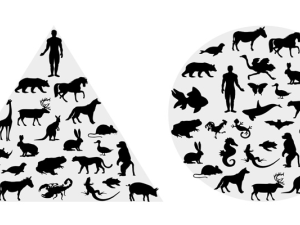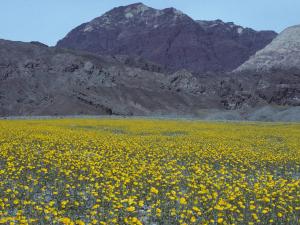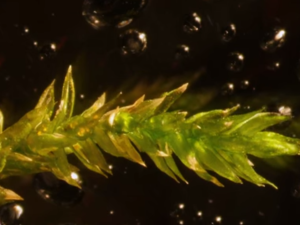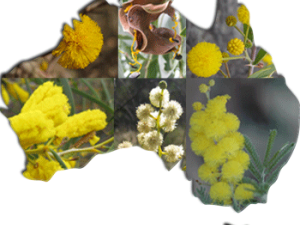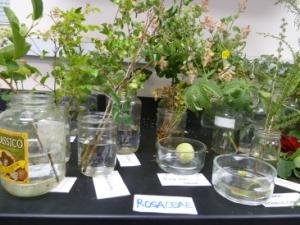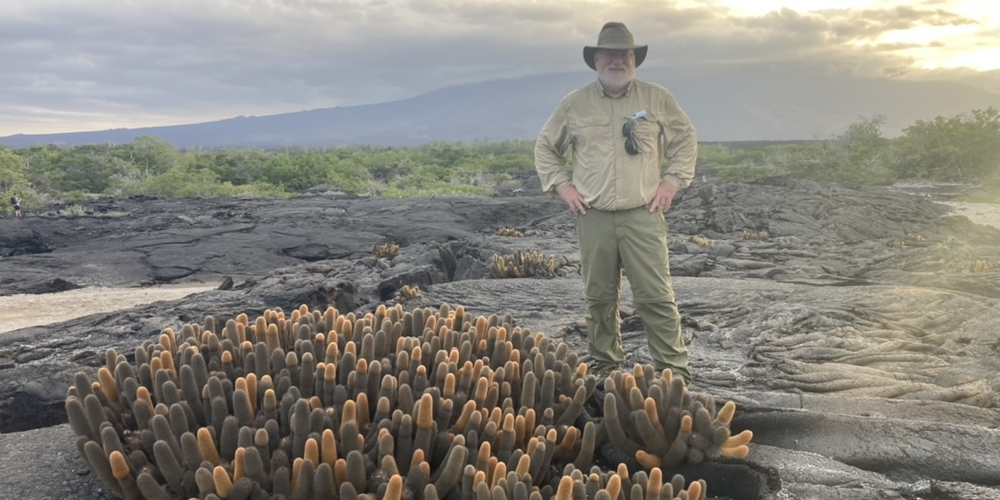

Research Bio
Brent Mishler's research interests are in the systematics, evolution, and ecology of bryophytes, as well as in the phylogeny of green plants. He is also interested in more general topics involving the theoretical basis of systematic and evolutionary biology, such as phylogenetic methods and the nature of species. He has been heavily involved in developing electronic resources to present plant taxonomic and distributional information to the public, and applications of these data to conservation concerns through the development of new "spatial phylogenetic" tools for studying biodiversity and endemism using large-scale phylogenies and collection data in a geographic and statistical framework. Current projects include: (1) spatial phylogenetic studies of the floras of Australia, Chile, and California; and (2) integrated systematic, evolutionary, and ecological studies of the diverse dryland moss genus Syntrichia, specifically focused on desiccation tolerance and reproductive biology.
UC News: Tree of life faces deep cuts from climate change
Research Expertise and Interest
evolutionary biology, development, ecology, systematics, phylogeny, comparative genomics, green plants, bryophytes, mosses, reproductive biology, phylogenetics, chloroplast DNA, classification, species concepts, biodiversity, Darwin, conservation biology
In the News
Speciesism, Like Racism, Imperils Humanity and the Planet
As Climate and Land-Use Change Accelerate, so Must Efforts to Preserve State’s Plants
California’s dry regions are hotspots of plant diversity
Add Water and ‘Resurrection Plants’ Spring to Life in Seconds
Humans can’t survive more than a few days without water, but some plants, in particular mosses, can survive drought for decades and suddenly revive with the first rain. KQED’s “Deep Look” team visited UC Berkeley’s University and Jepson Herbaria to learn about these so-called “resurrection plants.”
Scientists enlist big data to guide conservation efforts
Despite a deluge of new information about the diversity and distribution of plants and animals around the globe, “big data” has yet to make a mark on conservation efforts to preserve the planet’s biodiversity. But that may soon change.
Workshop series sows the seeds for conservation
The Jepson Herbarium at UC Berkeley has a big mission: understanding and protecting California’s flora. Given that the state is home to thousands of native plants, nearly 1,500 of which can be found only here, that’s a lot of work for a lot of people with a lot of specialized knowledge. So the Jepson Herbarium has done what comes naturally in order to ensure it will always have the well-trained plant-lovers it needs.
Big turnout for launch of big-data center
A throng turned out for Thursday’s high-spirited launch of the Berkeley Institute for Data Science. Designed to help researchers across the disciplines harness data in order to spur discoveries and create knowledge, the center for data-related teaching and collaboration will be housed in Doe Library.

